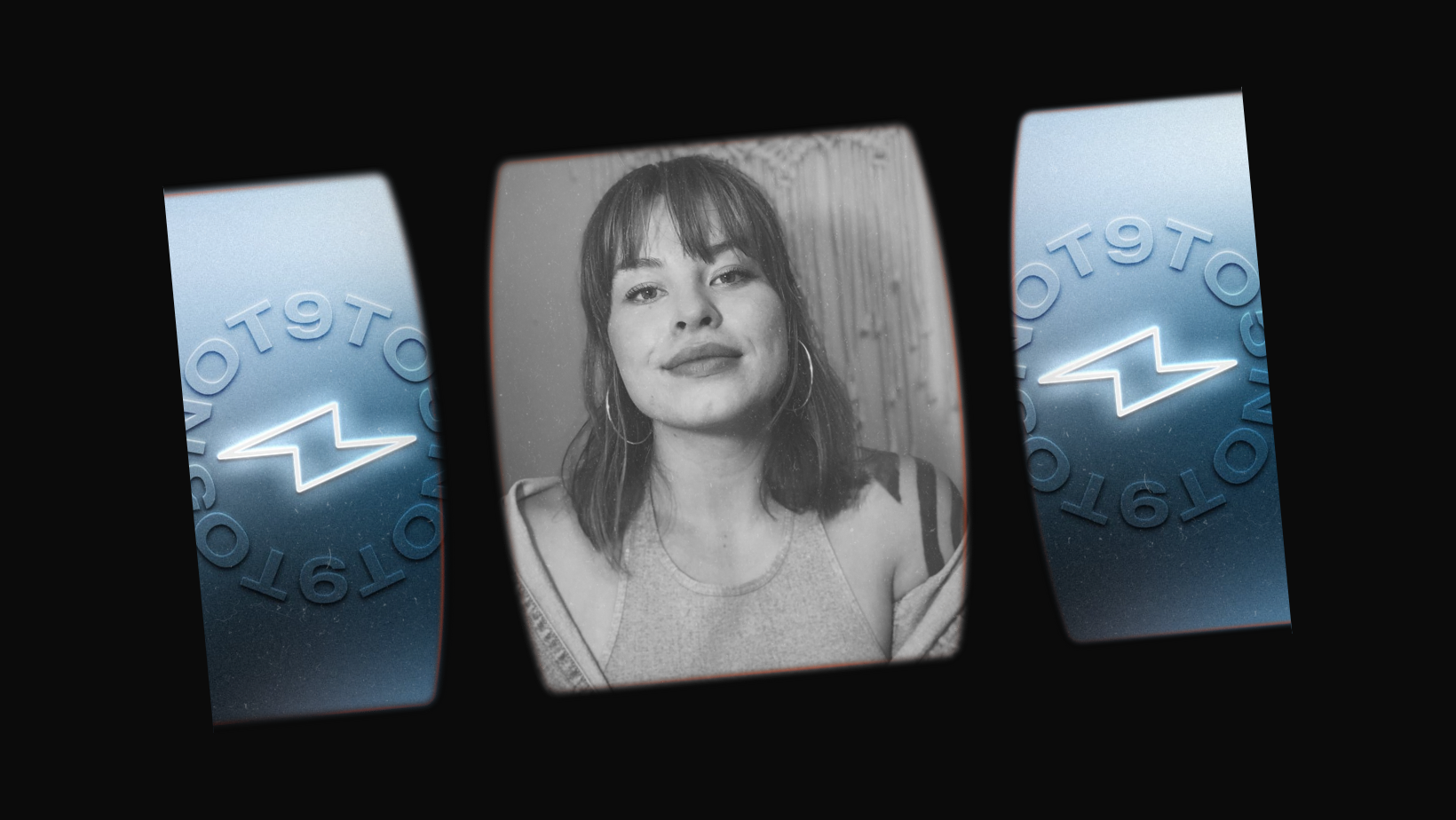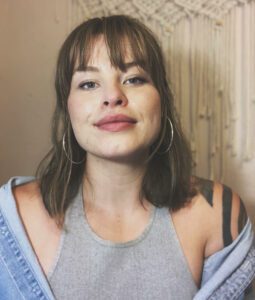#WeAreNot9to5 is a campaign to share a series of lived experience stories about mental health and substance use from our Not 9 to 5 community. Our aim is to encourage us to learn from one another.
This story is written by Rowan Schoales:
My grandfather was a chef and owner of a restaurant in Westchester, New York. My dad has told me stories over the years of how he grew up running around the restaurant and stealing maraschino cherries from behind the bar. I’m sure if my grandfather were alive, he would have taught me how to cook omelettes, or roast a chicken, or how to properly chop an onion and not slice off my finger tips. But he was, like many in the industry, addicted to alcohol and died at 50 before I was born. So, my dad took on the role of teaching me those things. After my parents divorced, in the time I spent with my dad when it was just the two of us, we would cook. Nothing smells more like home to me than onions and mushrooms softening in red wine. I cherished our evenings in the kitchen, even if we didn’t speak much. Cooking was our shared language.
As I grew up, my affinity and obsession for cooking grew stronger. Every day after school I would turn on Food Network and on weekends I’d flip through cookbooks. I continued to cook with my dad, and on my own when I was at my mom’s house (no offence to my mom but she has no culinary skills beyond the microwave. Love you mom). When I left for college I developed my own relationship with cooking and found freedom in shopping for groceries, planning cheap but extravagant meals for one, and cooking while listening to music in my tiny and not-up-to-code New York City apartment kitchen.
Preparing and eating food became my practice of prayer to quiet my mind in a loud world. The kitchen was my church.
When I started working in the industry, I was at a well-known chain that specializes in trendy desserts and snacks that were highly instagrammable. This place was also a celebrity magnet, which meant lines not only went out the door, but around the block. Shifts were non-stop. It was exhausting, but I would be in a state of flow and so hopped up on caffeine and adrenaline that I felt I was high. I hated it. I loved it. Over the following years, I worked in coffee shops and then bars, which is when the fun really started.
I moved from New York to Denver to be closer to family. I felt lost in my purpose. I was trying to pursue a career in music and, to my dismay, realized that it was not the career I wanted. I was grieving my identity and who I thought I’d be. Meanwhile, I found myself working at a high-end concept cocktail bar(s) doing barback and prep work. I had to perfect my knife skills, understand conversions, figure out how to not break kitchen equipment worth 5-figures, memorize hundreds of types of spirits, liqueurs, amaros, fortified wines, and learn how to work smarter, not harder, very quickly. I was up for the challenge. I was comfortable in the kitchen within a week or two. And when I was bar-backing, I quickly leaned into the chaos; it quenched my thirst. I worked my way up to bartending and fell in love with the craft. I learned it’s a fine art to make good drinks and invite strangers to sit and stay awhile to exchange stories, share a celebration, or just decompress from a hard day.
The best part of it all was the friends I made, who took me in like family, like we had always known each other. It was such a treat to walk into work every night and know that even if I got my ass kicked in, I’d have my buddies by my side. Even on my days off, I’d come to the bar because, well, I wanted to hangout with my friends (and the free drinks were an added plus). We would talk shop, talk trash, talk about our dreams, tell stories of our pasts. We laughed together, reciting bad jokes and sharing cringeworthy dance moves. We cried together, reciting stories of grief and sharing fears of unknowns. We were together, forever, always, as far as I knew. But I didn’t anticipate a pandemic. I couldn’t fathom what would become of all of us.
* * *
Despite the fun and fury of working in the industry, I was not blind to its faults, its abuse, and its trauma. I knew restaurants and bars were islands for misfit toys run by a broken system and enabled by toxic traditions. We all had our shit, and we all had each other, but our industry did not have our back. I already knew the statistics of addiction and suicide were alarming. I knew the patterns of physical, emotional, and sexual abuse had been ignored for decades. I already knew that we were hurting. But it’s too hard to know where to begin fixing, when the fragments show a structure that is far beyond repair. And then Covid-19 hit, like a hurricane, and collapsed overnight whatever was left standing. It was like some sort of cruel joke.
Like millions of others, my friends and I lost our jobs. The few, like my partner, who kept their jobs, were burning at both ends to keep from crashing. But most crashed anyway. After losing his father, my partner lasted three more months as a chef before he had his last shift. Throwing in the towel shouldn’t have been so easy after living in kitchens for 12 years, but there was no choice. My turn to leave came soon after. It wasn’t that I’d had enough, it was that I didn’t have anything left.
“Burnout” and “self care” were once insulting buzzwords. How dare you, I’d think. Self care? Who has time! Burnout? Handling heat is in the job description. I had adopted the toxicity the more I worked in the industry, and didn’t really come to terms with it until the blinders were lifted in quarantine. Now, after much self reflection, therapy, and time passing, I have learned there is a balance to be met. I have come to understand that sometimes it’s best to build from the ruins, instead of constantly trying to hold up falling walls.
We, hospitality and industry professionals, are strong as hell, yet often hold up those falling walls, endlessly repeating patterns of generational trauma. But why don’t we carry new material, new ideas, new hope to build with the rubble worth saving?
You can love being a chef, a bartender, a host, a server, a dishwasher. And you deserve to be loved back. We need to build up an industry that gives as much as it takes, and lifts up as much as it weighs down. We love hard, we fight hard, that’s a given. Can we now practice to love and fight for ourselves? Can we continue to love and fight for each other? Can we find the middle path, a space between, dancing with chaos, and sitting with peace? I believe we can. I know we are capable of more than we ever get credit for. We have survived too much and now deserve to thrive.
*Writer’s note: Before leaving the industry, it was important for me to start conversations with my friends and coworkers about mental health awareness and care. I created M.I.S.E. (Mindful Integrative Self-care Education) for hospitality folks to do some small workshops and psychoeducation talks around mental health and wellness. I currently do this work as I finish my Masters in Counseling Psychology to become a therapist. I wouldn’t be here if it weren’t for my hospitality community; I am forever grateful.
To learn more about Rowan Schoales, MA LPCC, visit her Instagram and LinkedIn.





Thanks for sharing your story Rowan!